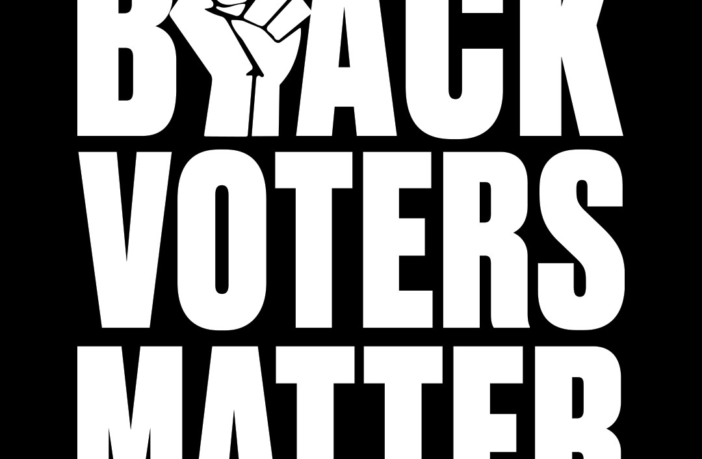Though National Black Voter Day (Sept. 15) has come and gone, Black Voters Matter (BVM) is going all-out to “Reclaim Your Vote.”
in partnership with BET Media Group and the National Urban League, BVM is hoping to encourage the participation of Black communities in voter registration and to ensure that the concerns of Black voters are heard.
“Partnerships like this help to energize our communities by keeping civic responsibility top of mind,” said Cliff Albright and LaTosha Brown, co-founders of Black Voters Matter. “As we prepare for 2024, we must seize this opportunity to build power on the local level by encouraging people to get out and vote in local and statewide elections.”
This campaign is aptly called a “get out the vote” or “getting out the vote” (GOTV) campaign, which describes the efforts aimed at increasing voter turnout in elections. “Reclaim Your Vote” will run through Nov. 18, 2023 and aims to overcome “oppressive voter suppression tactics,” per a statement.
The campaign will focus on seven states – Louisiana, Kentucky, Mississippi, New Jersey, Ohio, Pennsylvania, and Texas. It will provide Black voters with digital resources on voter information.
“Their [Black Voters Matter] timely and nuanced understanding of Black people and communities is precisely what this campaign needs to be successful,” said Brittany Packnett Cunningham, vice president of social impact at BET Media Group.
Why this is important: looking back
March 31, 1870, is etched in Black history, when Thomas Mundy Peterson of Perth Amboy, New Jersey, became the first Black person to cast a ballot under the U.S. Constitution’s 15th Amendment. This amendment, which granted African American men the right to vote, was passed by Congress on Feb. 26, 1869, and ratified on Feb. 3, 1870.
Despite this monumental milestone the Voting Rights Act of 1965 was necessary to again make discriminatory voting practices illegal. And still, the right to vote for Black voters has encountered legal exclusion for years.
According to the Pew Research Center, the number of eligible Black voters were projected to reach 32.7 million in November 2022. These voters also accounted for a high turnout rate of 51% (2018), more than Latino and Asian voters in the same year (40%).
Additionally, eight states comprise around 50% of all Black eligible voters, led by Texas, with 2.7 million such voters.
How does it affect Houston’s Harris County?
Texas Republicans, who have control over the State Legislature, allowed state authorities to supervise elections and gave the secretary of state the authority to order “a new election” in the county if ballots in more than 2% of polling places are unavailable for more than an hour in Harris County, a Democratic stronghold with a population made up of a majority of people of color.
The justification is last year’s precedent of the March 2022 primary, when about 10,000 ballots were not counted immediately in an election, the county faced a shortage in poll workers and ballots ran out in some places. The elections administrator had then resigned.
Senate Bill 1750 and 1933 target Harris County in particular as it gives the governor-appointed secretary of state Jane Nelson more power to oversee elections and complaints, and to petition a court to replace election officials at his discretion.
Moreover, these measures were taken months before Houston’s mayoral race in November.
In 2021, Texas Gov. Greg Abbott (R) signed off on a bill that aims to impose criminal penalties for the violation of voting laws, banned 24-hour and drive-through voting and gave partisan poll watchers more access to election officials.



